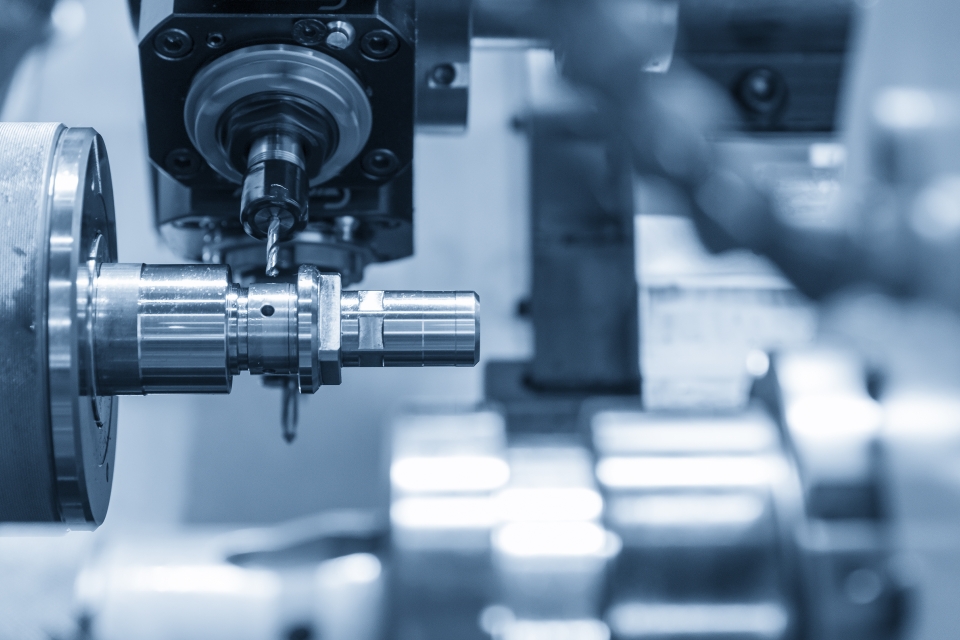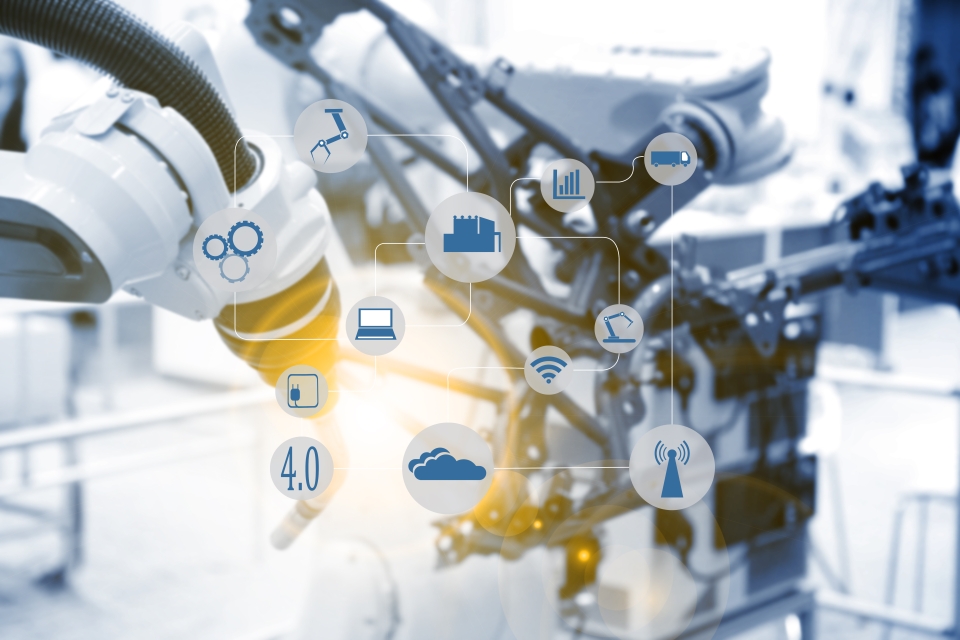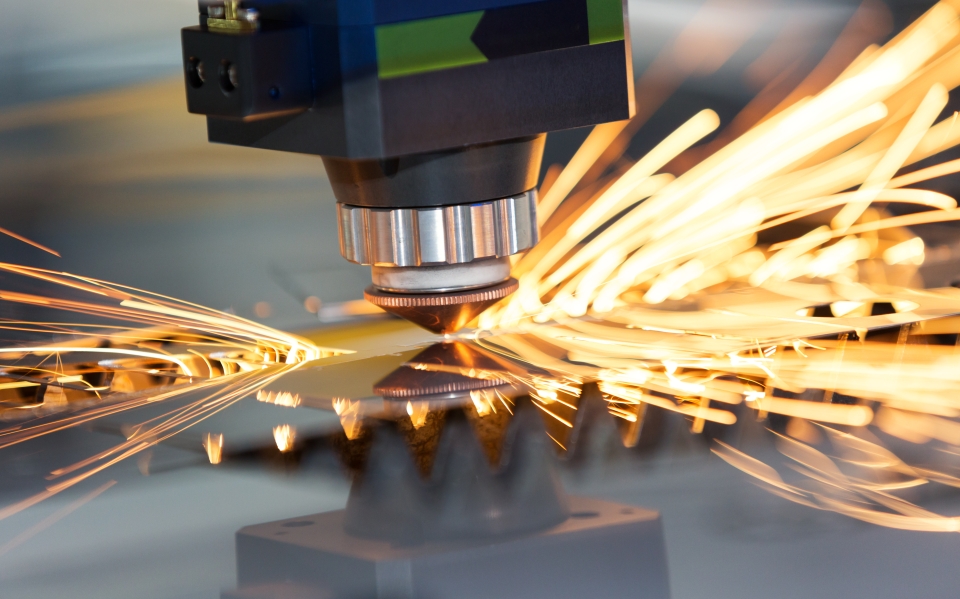Building Resilience: Taiwan's Machine Tool Industry in a Changing Landscape
2023/07/21 | By Andrew Hsu
Few would think that Taiwan's machine tool industry is facing an increasingly competitive and challenging landscape in a post-Covid era. From another point of view, most would also agree that the saying from crisis comes opportunity holds true, for a couple of reasons as summarized below.
Challenges Looming
With Taiwan being suffering from a relatively low birth rate in the society, understaffing has become an obstacle for the machine tool industry pursuing growth, not to mention the Taiwanese government's ongoing policy of compulsory military service extension, which is expected to cause labor shortage within the industry to deteriorate in the short term. Coincidentally, the global movement towards net zero emissions is placing significant financial burdens on the manufacturing industry. Moreover, supply chains are undergoing a notable shift towards deglobalization and regionalization, signaling an imminent transformation in the functions and requirements of machine tools.
Amidst the seemingly daunting challenges, there are still glimmers of hope that shine through the uncertainty to industry insiders, given that Taiwan, globally renowned for a well-established information and communications technology (ICT) industry and semiconductor technology, possesses remarkable flexibility and adaptability. Looking ahead to the future of Taiwan's machine tool industry, a team leader from the Industrial Economics, and Knowledge Center, Industrial Technology Research Institute (ITRI), Yueh Chun-Hao, and Dr. Chen Chia-Meng have pointed out four key trends.
Sustainability: Green Manufacturing
Taiwan's machine tool industry holds a notable position on the global stage, with its production value ranking seventh worldwide and export value ranking fifth. This industry is undeniably export-driven, with more than 80% of its total production value deriving from exports. In the period between January and November 2022, five of the top ten Taiwan importers of machine tools were from Europe and the United States, regions that are actively pushing forward net zero emissions and circular economy practices. Therefore, in order to maintain a strong presence in the said markets, Taiwanese suppliers must prioritize efforts to improve their manufacturing processes to achieve significant carbon reduction.
In the current landscape, Yueh highlights that the National Development Council of Taiwan has already introduced "Taiwan's Pathway to Net-Zero Emissions in 2050." This initiative serves as a vital reference for both the government and industry in promoting the adoption of net zero emissions practices. Based on this, Yueh proposes three crucial missions for Taiwan's machine tool industry. Firstly, he says, "Analysis of The Current Situation", utilizing IoT or other measurement techniques to verify the carbon footprint throughout production and identify areas with significant carbon emissions. Secondly, Yueh continues, "Set Goals." As major enterprises are already aligning with initiatives such as RE100 or CDP, supply chain partners should proactively follow suit for potential future requirements from these leading companies. Lastly, "Energy-saving Plan", which means manufacturers should scrutinize production processes to identify areas for improvement and energy conservation.
Intellectualization: Seamless Interoperability
Another significant trend in the machine tool industry is the concept of "intellectualization," which can be categorized into four key aspects. Firstly, "single machine intellectualization" allows for real-time monitoring of machine status, enabling workers to ensure quality control effectively. Moving beyond that, "product line intellectualization" involves the connection among various types of mechanical equipment to enable seamless interoperability. Taking it a step further, "factory intellectualization" leverages advanced technologies to improve production methods, and attain great flexibility and variability. Ultimately, "supply chain intellectualization," wherein administrators gain the ability to control the entire supply chain through internet-based platforms.
Regarding the current status of industry intellectualization in Taiwan, Chen indicates that it commenced with the implementation of smart manufacturing policies and associated assistance projects in 2015. Among these initiatives, the most successful program is the Smart Machine Box (SMB) Assistance Plan. SMB offers various functionalities such as estimating order completion time, tracking machine operation journeys, providing error notifications, etc., while having merits like the ease of installation, user-friendly interface, and intuitive operation. As of now, a total of 399 companies have already participated in the program, with 10,446 devices equipped with SMB capabilities.
In addition to the SMB, Chen further mentions that the Department of Industrial Technology (DoIT) under the Ministry of Economic Affairs (MOEA) in Taiwan is actively promoting Intelligent Cloud technology. This technology aims to reduce system maintenance and development costs for developers while providing end-users with easy access to various applications and services, ultimately leading to lower production costs.
Chen also reveals that ITRI is currently implementing a plan called "Industrial Metaverse." This plan focuses on two key aspects: "instant decision-making" and "digital twin." The former enables multiple individuals to interact and exchange opinions, facilitating efficient decision-making processes, and the latter leverages physical information, AI analysis, and big data to provide an early warning system, optimization solutions, and decision-making suggestions.

Talking about the trend of "machinery composition," Chen explains that it involves the fusion of "additive manufacturing" technologies such as 3D printing and "subtractive manufacturing" techniques such as abrading, grinding, etching, etc. This approach allows manufacturing operators to solve processing processes in one single operation, and minimize the need for frequent reinstallation and repositioning of workpieces. By keeping the processing of workpieces in a continuous state and enabling online measuring, this technique saves time in setting up and replacing cutting tools. It also helps avoid cumulative inaccuracies resulting from repeated positioning transformations. As a result, processing efficiency is improved, production cycles are shortened, and overall productivity is enhanced.
Additionally, with the reduction in the number of required devices, fixtures, workshops, and maintenance expenses for processing, there will be a significant decrease in investment related to manufacturing assets, operations, and management. Furthermore, the integration of highly automated processes with customizable capabilities makes for the efficient production of high-mix, low-volume, or even variable items and quantities.
Automation: 24/7 Precision
Lastly, regarding the trend of "automation," Yueh explains that in response to the shortage of human resources and the uncertainty of demand fluctuations in the post-COVID era, industry practitioners are actively adopting automated production systems. This approach can not only helps to alleviate the reliance on manual labor but also caters to production requirements such as customization and variable items and quantities.
As a result, the development of mechanical arms has become mainstream in the industry. Practitioners can pre-set the movements of these arms and utilize controllers to convert them into designated planar or three-dimensional movements as needed. The mechanical arms are also capable of making real-time adjustments and responses. With the right configuration, these mechanical arms can perform precise tasks continuously, day and night. This not only reduces the time and manpower traditionally required for quality control but also enhances safety and overall product quality.
Embracing Change
Before the pandemic, standardization and large-scale operations provided the industry with unparalleled convenience and significant opportunities for optimizing operating expenses. However, since the outbreak, the traditional long supply chains have undergone a transformation, because of the increasing geopolitical conflicts and the escalation of confrontations among international powers. They have given way to shorter chains or a combination of shorter and more flexible chains. In this new landscape, the industry's focus has shifted to "resiliency" as a key guiding principle.
Consequently, in order to establish a resilient manufacturing ecosystem, Taiwan's machine tool industry could leverage intellectualization, automation, and machinery composition technologies to address the requirements of continuous operation, touchless deployment, and automated decision-making. Additionally, embracing decentralized manufacturing to adapt to demands from regional markets is also recommended. Last but not least, to align with global trends and achieve sustainable manufacturing practices, it is essential for industry stakeholders, government entities, and academic institutions to collaborate and contribute their expertise.





